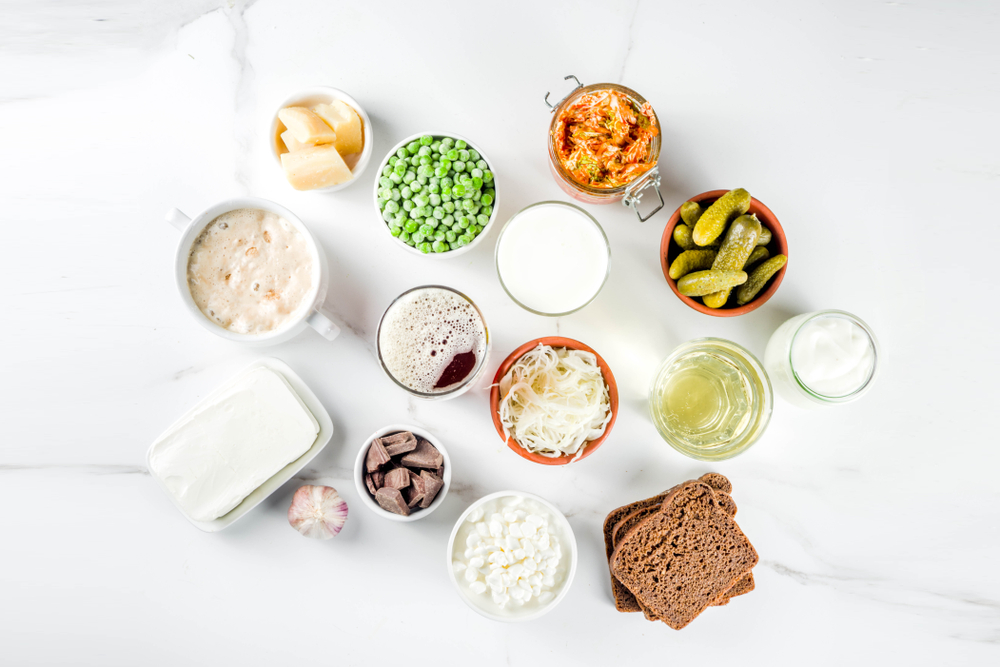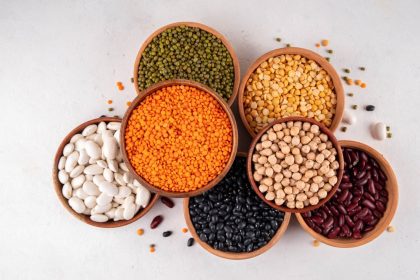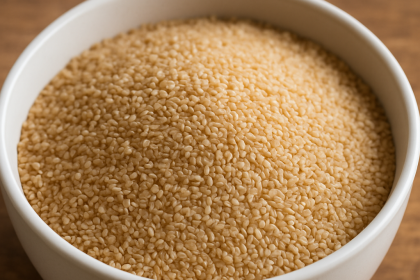That bloating after meals. The afternoon energy crashes. The skin issues that won’t clear up despite expensive creams. Your immune system that seems to catch everything going around. What if the solution to all these problems wasn’t another supplement or elimination diet, but something humans have been eating for thousands of years?
Fermented foods might just be the missing piece in your modern diet puzzle. While our ancestors naturally consumed these probiotic powerhouses daily, most of us are lucky if we get them once a week. That difference could explain more about your health struggles than you realize.
The gut revolution happening inside your body
The science is clear. Your gut isn’t just a digestion factory, it’s mission control for your entire wellbeing. That ecosystem of trillions of microorganisms influences everything from your immune function to your mental health, weight management, and even how you age.
When your gut microbiome lacks diversity or beneficial bacteria, the effects ripple throughout your entire system. Inflammation increases. Nutrient absorption decreases. Stress hormones surge. Energy production falters. Your body essentially starts operating in a state of constant, low-grade emergency.
Fermented foods provide precisely what this ecosystem needs to thrive. They deliver living probiotic bacteria along with postbiotic metabolites, essentially the beneficial compounds these microorganisms create during fermentation. This combination doesn’t just add good bacteria, it creates an environment where they can flourish.
The immunity booster hiding in plain sight
Perhaps the most remarkable benefit of daily fermented food consumption is its effect on your immune system. Recent research from Stanford University found that consuming six servings of fermented foods daily led to measurable increases in microbiome diversity and decreases in inflammatory markers after just 10 weeks.
This matters tremendously for immune function. About 70-80% of your immune tissue resides in your gut, constantly sampling what passes through and determining whether to mount a response. A healthy microbiome educates this system, helping it distinguish between actual threats and harmless substances.
The result is not just fewer colds and infections, but potential relief from autoimmune conditions and allergies, where the immune system incorrectly attacks the body or overreacts to benign substances. The regulatory effect of fermented foods helps recalibrate this complex system toward healthier function.
The digestion game-changer you’ve been missing
Digestive complaints have become almost normalized in our culture, but that constant bloating, gas, or irregular bathroom habits isn’t actually normal. It’s a sign your digestive system needs support, and fermented foods provide it in multiple ways.
The living bacteria in fermented foods help break down difficult-to-digest compounds like lactose, gluten, and complex carbohydrates before they even reach your gut. This pre-digestion makes nutrients more bioavailable while reducing the fermentation that occurs in your intestines, which is what typically causes uncomfortable bloating and gas.
Beyond adding beneficial bacteria, fermented foods contribute digestive enzymes that your body might be underproducing, especially as you age. These enzymes help break down proteins, fats, and carbohydrates more efficiently, improving overall digestion and reducing that heavy feeling after meals.
The fiber in many fermented plants also feeds your existing good bacteria, creating a healthier intestinal environment. This can improve regularity and transit time, addressing both constipation and diarrhea by normalizing gut function rather than forcing it in one direction or another.
The mood enhancer that works from within
The connection between gut health and mental wellbeing has exploded in recent research, revealing what’s now called the gut-brain axis. This bidirectional communication system explains why digestive issues often accompany anxiety and depression, and vice versa.
Fermented foods impact this system through multiple pathways. Many fermented products contain GABA, a neurotransmitter with calming effects similar to anti-anxiety medications but without the side effects. Kimchi, miso, and tempeh are particularly rich sources of this compound.
The bacteria in these foods also influence neurotransmitter production within your gut, which produces the majority of your serotonin, the key “happiness hormone.” By supporting the microorganisms that facilitate this production, fermented foods may help stabilize mood in ways medications can’t achieve alone.
Perhaps most fascinating is how fermented foods can dampen the stress response by reducing inflammation. Chronic low-grade inflammation creates a constant state of physiological stress that affects everything from sleep quality to emotional resilience. By calming this inflammatory fire, fermented foods help restore equilibrium to both body and mind.
The daily dozen that transform your health
Adding fermented foods doesn’t require exotic ingredients or complicated recipes. Start with the most accessible options, gradually expanding your repertoire as your palate adjusts to these complex flavors.
Yogurt with live active cultures remains the gateway fermented food for most people. Look beyond sweetened varieties to plain, traditionally fermented options with multiple strains of bacteria. A small daily serving provides significant benefits, especially when topped with prebiotic-rich fruits to feed those beneficial organisms.
Kefir offers similar benefits in a drinkable form, often with even more bacterial diversity than yogurt. Its tangy flavor works well in smoothies for those still adjusting to fermented tastes, or as a base for overnight oats for a double dose of gut-friendly nutrition.
Sauerkraut delivers probiotics in a shelf-stable form that’s surprisingly versatile. Just a tablespoon or two daily provides benefits, easily added to sandwiches, wraps, or as a side with protein dishes. Just ensure you’re choosing unpasteurized versions found in the refrigerated section, as shelf-stable varieties have been heat-treated, killing the beneficial bacteria.
Kimchi brings together vegetables, spices, and probiotics in one flavor-packed package. This Korean staple works with eggs at breakfast, in grain bowls at lunch, or alongside practically any dinner protein. The spices also offer additional anti-inflammatory benefits beyond the fermentation.
For those avoiding dairy, water kefir and kombucha provide probiotic benefits in beverage form. These fermented drinks can replace sodas and other sweetened beverages while delivering health benefits with each sip. The slight fizz even satisfies the craving for carbonation that draws many to soft drinks.
The simple strategy for making it stick
Rather than attempting a complete dietary overhaul, success comes from strategic integration of fermented foods into your existing routine. Start with just one serving daily of whatever fermented food most appeals to you, gradually increasing toward the research-backed target of six diverse servings.
Pair fermented foods with meals you already enjoy. Add sauerkraut to your sandwiches. Swap regular salad dressing for a spoonful of kefir with herbs. Use miso as a marinade for proteins. These simple substitutions require minimal effort while maximizing exposure to beneficial bacteria.
Prepare fermented vegetables in batches to ensure you always have options available. A weekly habit of setting up a new jar of fermenting vegetables means you’ll never run out of these living foods. The active fermentation time creates natural rotation in your refrigerator.
The bottom line on fermented transformation
Your ancestors didn’t need scientific studies to tell them fermented foods were valuable. Necessity and observation taught them that these foods lasted longer, caused fewer digestive issues, and seemed to protect against illness. Modern research has simply validated this ancient wisdom with biological mechanisms.
The beauty of this approach lies in its simplicity and accessibility. No prescription required. No complicated protocols. Just real food, transformed through one of the oldest and safest preservation methods known to humanity.
By bringing these traditional foods back into your daily routine, you’re not just improving your gut health. You’re reconnecting with a nutritional heritage that supported human wellbeing long before probiotics became a buzzword. Your body recognizes these foods at a deep level because they’ve been part of the human diet throughout our evolutionary history. Perhaps it’s time to listen to that ancient wisdom.















